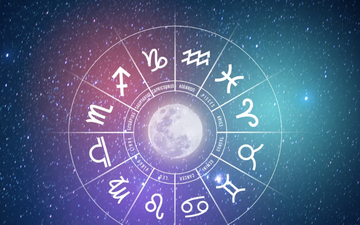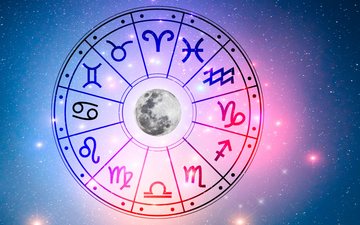
Many people feel a kind of sadness after sexual intercourse even when the latter leaves nothing to be desired. This kind of often unexplained sadness resembles a feeling of emptiness, shame or pessimism, always considering the type of relationship and partner you have in your arms.
Our culture generally “teaches” boys to be physically involved in sex, ignoring the fact that sex is very emotional and spiritual. The idea that a man feels nothing before, during or after sex is unrealistic, but widely believed.
This condition, experts call "post-coital dysphoria" - PCD and describe it as a feeling of agitation, melancholy, anxiety or boredom after sexual involvement even when sex has been very good. This condition can last from 5 minutes to 2 hours.
One of the greatest philosophers of the 17th century, Baruch Spinoza, explains it succinctly: "Once the pleasure of sexual pleasure is over, all that remains is great sadness."
Many studies have examined the first three stages of the human sexual response cycle (arousal, contractions, orgasms), but the resolution phase is often overlooked.
PCD is just as prevalent in men as it is in women. Men admit that after sex they feel a kind of "self-hatred" as well as feelings of shame. Others admit that they often cry or experience episodes of depression that often cause concern for their partner.
Men who suffer from PCD think they are the only ones who are going through it, but in fact it is not. This condition is closely related to past traumas, sexual dysfunction, abuse, but the possibility of someone experiencing it is not excluded even if they have not experienced any of the above.
What can be done about it?
Studies have shown that couples who engage in conversations, petting or hugging after sex have greater pleasure compared to others and less chance of experiencing PCD. Being open about your emotions and feelings without blaming yourself or your partner is also very important. Change the way you communicate and old thoughts about men and sex.
Source: Huffington Post





